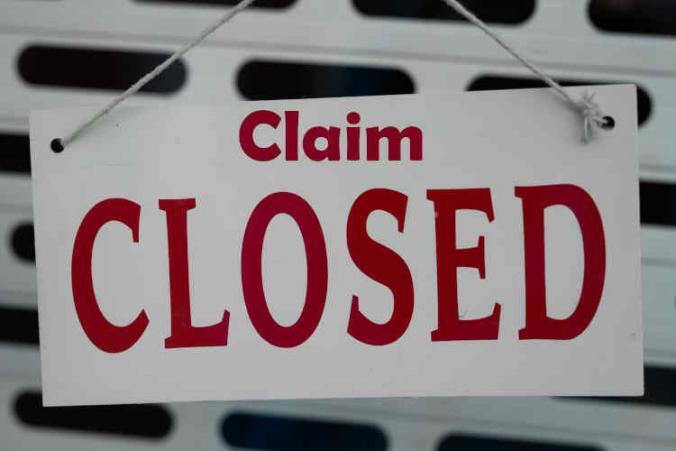Many L&I attorneys in Washington State that represent work injury claimants offer free consultation. Personally, I’d much rather talk to a work injury claimant early in the claim. For me, it’s far better to tell people they don’t need an attorney rather than wait until their work injury claim gets completely out of control. Therefore, I think it’s a good idea to schedule an L&I attorney consultation whenever you feel there are red flags in your workers’ compensation claim. This applies to both L&I claim matters or self-insured employer claim as with a Sedgewick claim (and others).
L&I attorney – Should I consult with one?
If you have an upcoming consultation with a workers’ compensation attorney, you can take steps to make it more productive. Explicitly, these steps include preparing for the meeting, answering questions that the attorney asks you, and listening carefully with an open mind. The first step is to prepare for the L&I attorney consultation. Often, a free consultation with a workers’ compensation lawyer is approximately 30 minutes long. Therefore, the L&I lawyer needs to collect important information in a short time. To help, make sure to equip yourself with basic information. For example, your claim number, date of injury, and current claim status. It’ll help the L&I attorney get information quickly. That way, you and the attorney can spend most of the consultation discussing more pertinent issues.
L&I attorney consultation and answering questions
In my experience, work injury claimants often want to describe the abuses they experience in their L&I claim. For instance, people often complain about poor communication, excessive delays, and employer misconduct. Furthermore, many people are upset about negative or aggressive comments from their treatment provider, claim manager, and vocational counselor. L&I claims are hard for everyone. I know. We see these misbehaviors towards injured workers all the time. However, is this the best use of your consultation time while speaking to an L&I attorney?
Remember, the main goal of the L&I claim consultation is to identify legal issues that need attention. By far, the easiest way to do it is to ask work injury claimants very specific questions. Make sure you’re carefully listening to every question. Then, provide complete but concise answers to enable the L&I attorney to cover more issues. This way, it’ll help the attorney make a better assessment regarding representation.
Speaking with an lawyer while keeping an open mind
Unfortunately, there’s a lot of misinformation out there regarding L&I claims. It’s difficult for people after a workplace injury to digest the fact that things may be different than they thought. However, you must remember that the Industrial Insurance Act provides many benefits and protection after a workplace injury or work sickness.
An L&I attorney with proven experience will be looking at your claim from all angles. The goal for a good workers’ comp attorney is to ensure that the system is treating you fairly after your workplace injury. Therefore, it’s important to maintain an open mind. Do not get upset with new information or questions. Answer questions directly, and the best of your ability. Things aren’t always exactly as you expect them. Recall, the attorney’s job is to help you. Therefore, be open and let the L&I attorney find the best way to navigate the conversation.
L&I claim consultation – Get ready
In summary, I strongly believe that it’s a good idea to consult with a workers’ compensation lawyer any time you have concerns. If you don’t understand what’s happening in you claim, or if something is going wrong, then call an L&I attorney. Most worker’s comp attorneys offer free consultations. However, it’s important for consultations to be efficient. For that, be sure to prepare for your consultation by following these simple steps:
- Don’t wait too long to speak to an L&I attorney
- Come prepared with information such as claim number, date of injury, and claim status
- Listen to the attorney’s questions
- Answer the questions directly to make best use of your consultation time
- Listen and keep an open mind


